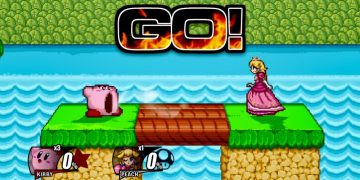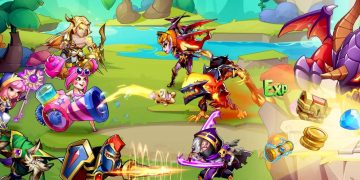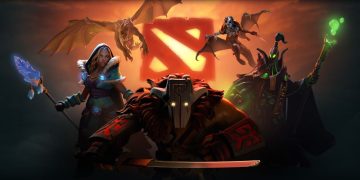If you're new to the world of PC games, console games, mobile games, or even VR games, you'll come across lots of unusual terms and acronyms that may be confusing at first.
And even if you've been a gamer for a while, the language of gaming is constantly evolving. Old phrases fall out of usage while new jargon spreads like wildfire through communities.
To get the most enjoyment out of gaming, it helps to know what other gamers are talking about. Here are some of the most common video gaming terms you should really know.
AAA (Triple-A)
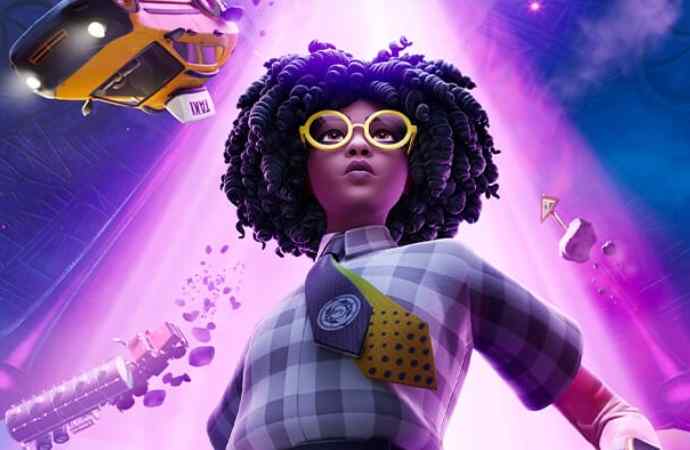
AAA games (pronounced "triple-A games") are those developed and distributed by major game studios and game publishers. They tend to have massive budgets for development, scope, and marketing.
The term "AAA" was borrowed from the US credit industry, where AAA is the highest possible rating for bonds, representing the lowest risk of failure and the most likely to succeed financially.
Bot
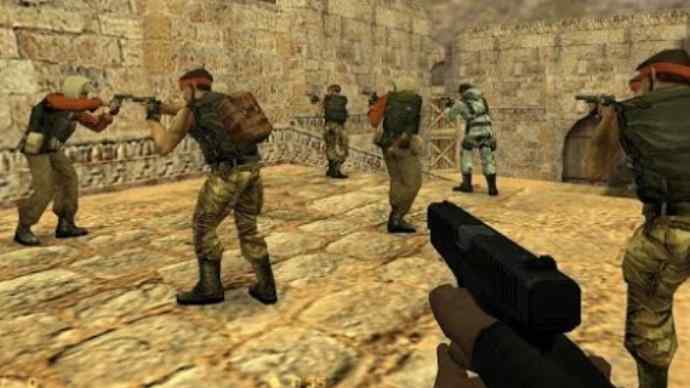
Term for game characters not controlled by a player. Most bots are primitively designed to track and shoot—like the bots inCounter-Strike, which have fixed movement and simplistic AI.
Advanced Server (Test Realm)
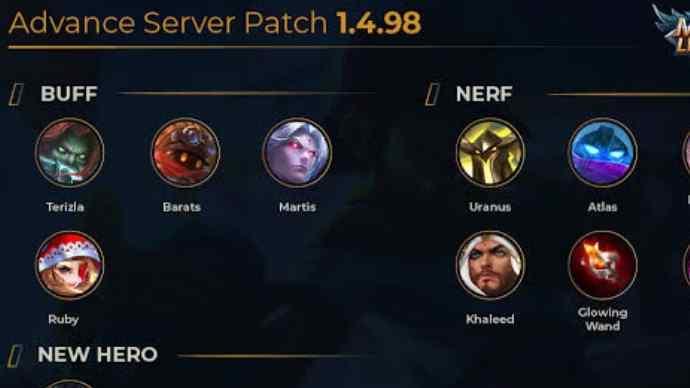
Most multiplayer games have two sets of game servers: the "official servers" with current gameplay rules and features, as well as an "advanced server" or "test realm" where new features and patches can be played before they move to the official servers.
AFK
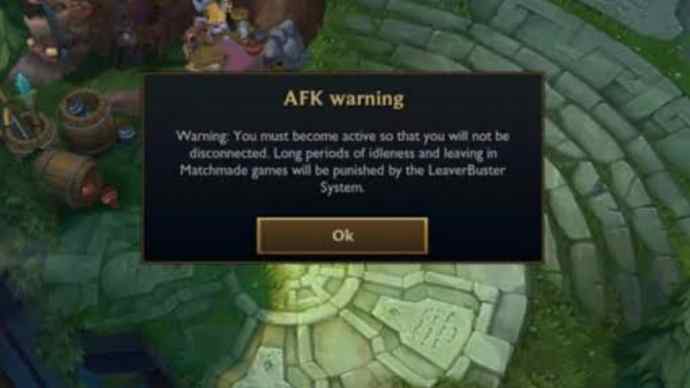
AFK stands for "away from keyboard" and is the term used for players who are in the game but not doing anything. Some games give warnings and punishments to players for going AFK because it ruins gameplay and the enjoyment of others.
AI

AI stands for "artificial intelligence" and usually refers to computer-programmed features that interact with players, most often in the form of bots and NPCs.
AOE (Area of Effect)
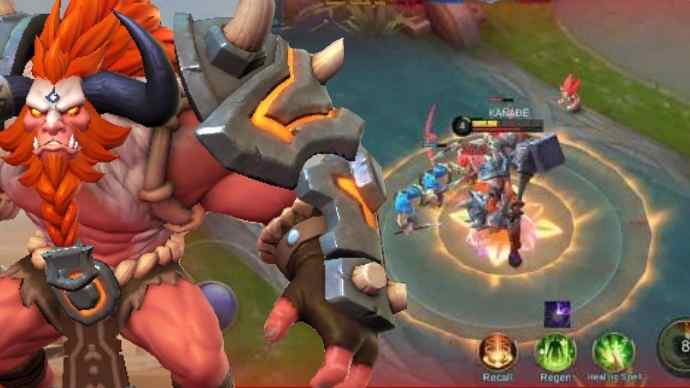
AOE stands for "area of effect" and refers to spells, abilities, and effects that target all units in a given area (as opposed to targeting a singular unit). Usually appears in the form of harmful explosions, but can also occur with heals and buffs.
Arcade Mode
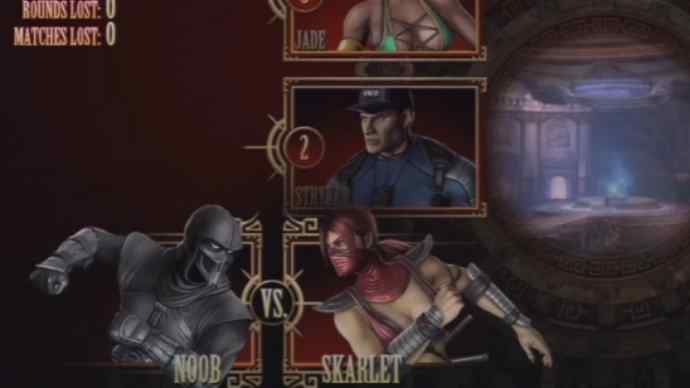
Mostly used in fighting games, Arcade Mode is a game mode where you fight a succession of characters—each one tougher than the last—until you reach the Final Boss. While some arcade modes follow a story, others just throw a random set of characters at you.
Beta

The beta version of a video game is an opt-in version that's primarily used for testing new features, verifying functionality, and providing feedback to the game developers.
Unlike the "advanced server" or "test realm," which exists alongside the official servers, the "beta version" is only available prior to the official release of a game.
Boss

The last character in the arcade ladder, story mode, or dungeon quests. In some games, the Boss has its abilities buffed so that they're especially stronger than their regular versions in the game.
Buff
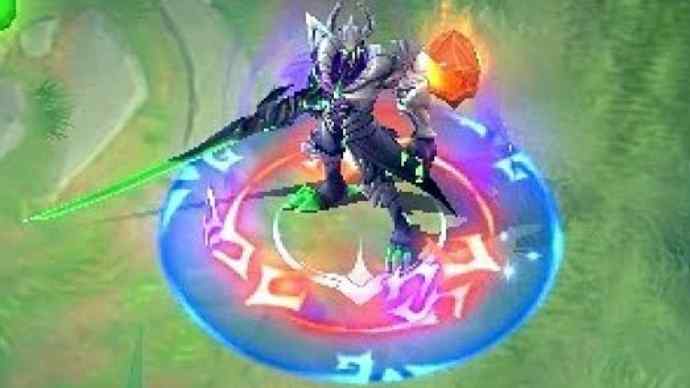
When something is buffed, it's made stronger. Buffs can come from abilities, items, or gameplay patches. When a buff comes from an ability or item, it can be temporary or permanent.
Builds
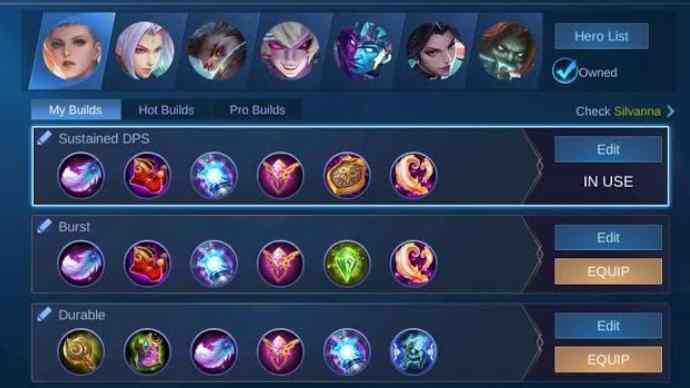
A build is the set of equipment and/or abilities chosen when leveling up and progressing a character. You usually "build" your character towards a specific gameplay style or set of benefits, and the final allocation of items and skills determines your "build."
Clan or Guild
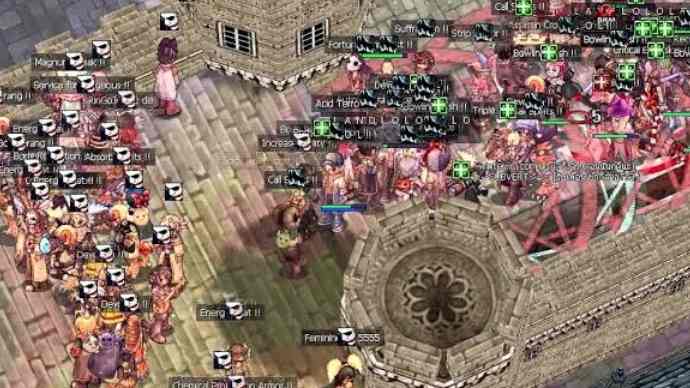
A group of players in a game, most usually in an MMORPG but has increasingly spread to other types of games, including MOBAs. Some games features Clan Wars or Guild Wars wherein players can partake as a group and compete against other groups.
Combo
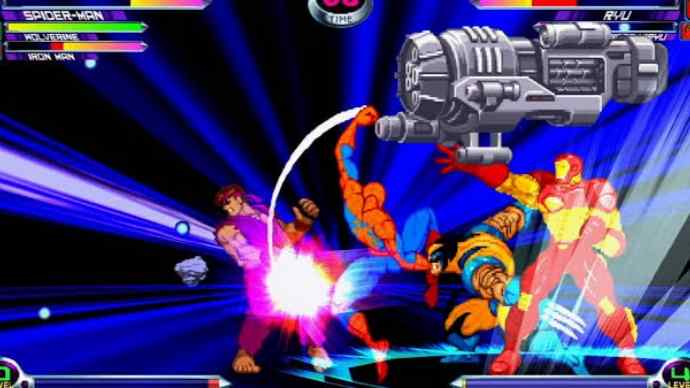
Shortened word for combination. A consecutive set of moves or skills that are chained together.
Cooldown
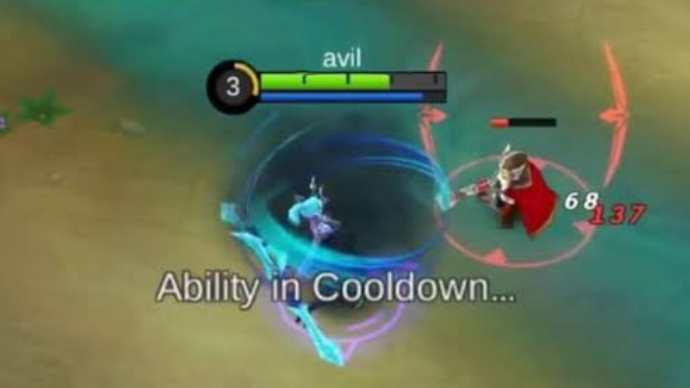
In many video games, you have to wait a while after using an ability before you can use it again. That period is called the "cooldown"—you have to wait for the ability to cool down before you can use it again.
Crafting
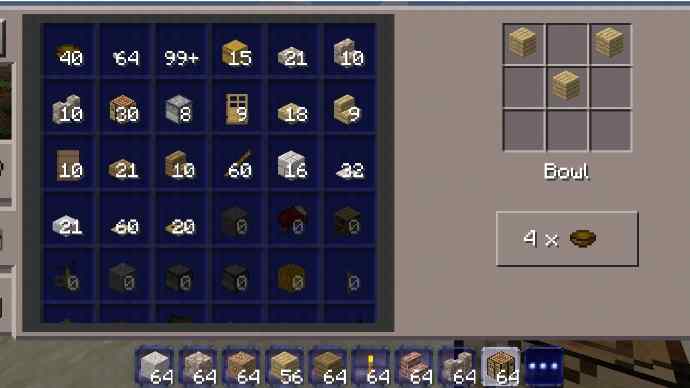
Crafting is the creation of items and equipment from lower-grade materials and ingredients, resulting in items and equipment that are usually better than what you can attain otherwise.
Credits or Game Credits

Game credits are in-game currencies that are usually purchased using real money, mainly in the form of electronic payments. Game credits can be used to buy skins and other items to upgrade your game characters.
Cutscenes
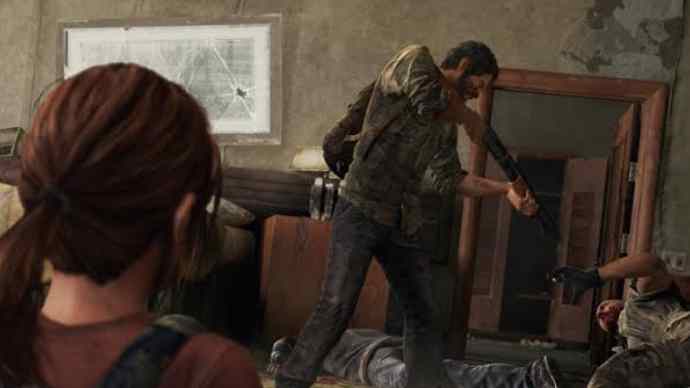
Part of the game's story mode that takes you out of control of your character so that you can enter a scene of scripted dialogue and action. Cutscenes may give hints on where certain objects are, how you can defeat a boss, and more.
Discord

A popular free chat app where gamers congregate in different communities dedicated to different games, publishers, leagues, etc.
Equipment
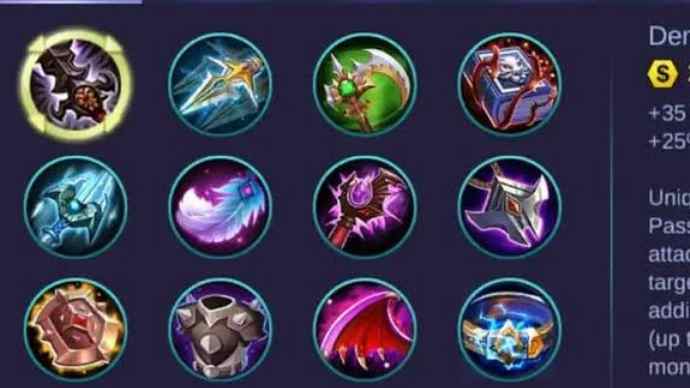
Items which are looted or crafted and attached to your character—usually in the form of wearing, but not always—to enhance the character's attributes, skills, and gameplay.
Esports
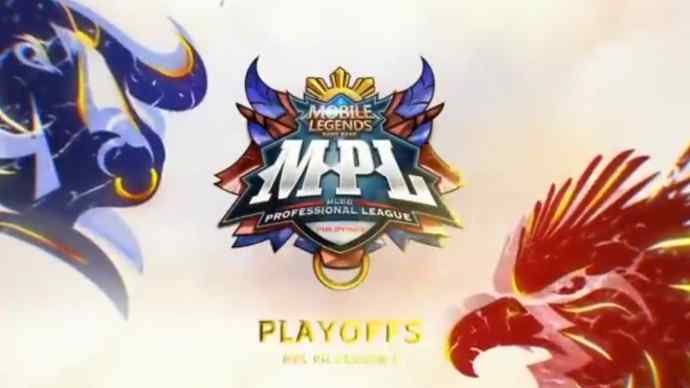
Also called competitive gaming. Esports are a form of professional competition where professional players compete in multiplayer video games. Esports can be played single or as a group, depending on the game and the game mode used for competition.
Farming (Grinding)
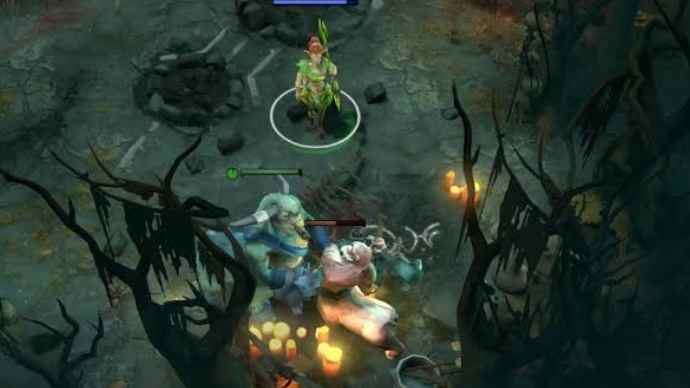
Farming is the act of repeatedly killing creatures in pursuit of gold, loot, experience, and other rewards. The term alludes to real-world farming, which involves repetitive systematic actions toward a final reward.
In certain games, especially MMORPGs, farming must be done for long periods of time to attain the desired rewards. This is called grinding, which comes from the tedious real-life act of grinding hard materials into dust. It's painstakingly slow.
Feeding
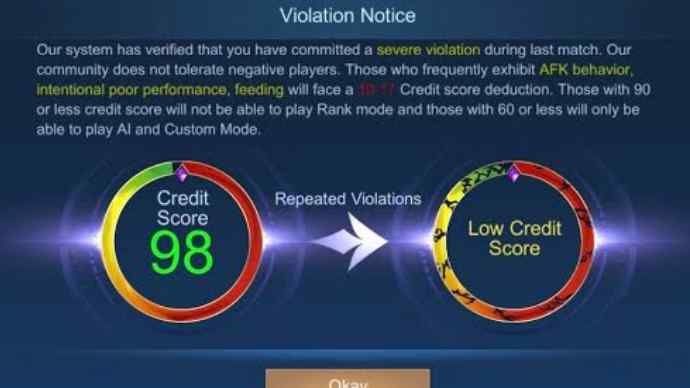
The intentional or unintentional act of being killed (many times) by an opponent. Most often used in MOBA games, where dying to the enemy gives them a big boost in gold and/or experience. Dying too often makes them progress faster, thus they "feed" on you.
Flawless Victory
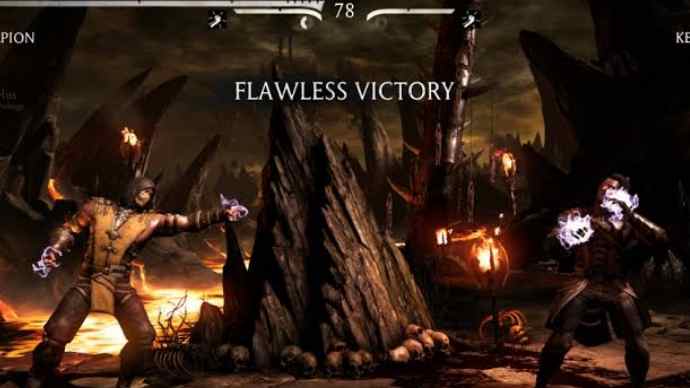
A win obtained without receiving any damage from the enemy. Mainly used in fighting games, but is occasionally used in other game genres (like MOBAs, where not losing any towers or never dying can be considered flawless victories).
FPS
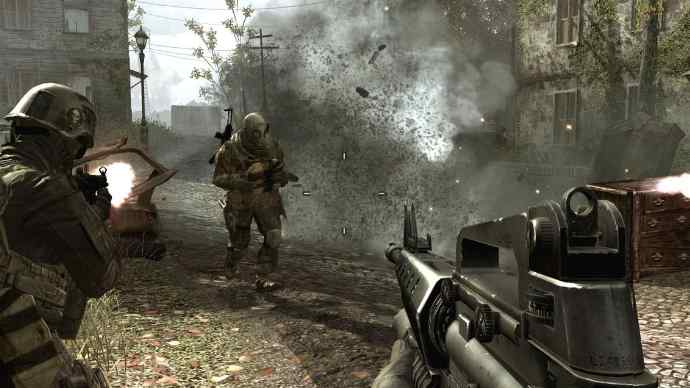
FPS stands for "first-person shooter," a type of video game where you play the game from the perspective of your game character, which often involves seeing your hands and weapons.
Framerate
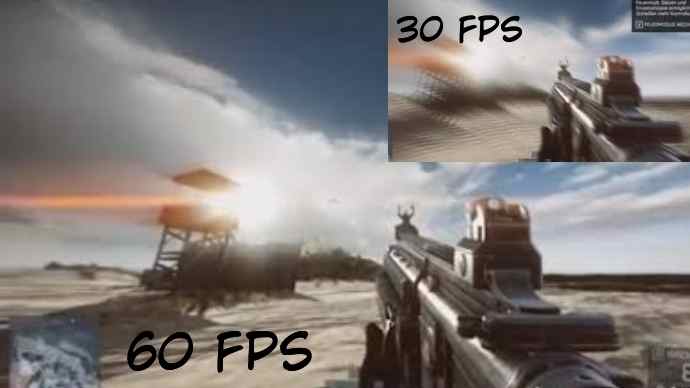
The unit used to measure the smoothness of video and motion graphics on the screen. The higher the framerate (frames per second), the smoother the video and in-game action is perceived to be.
Ganking
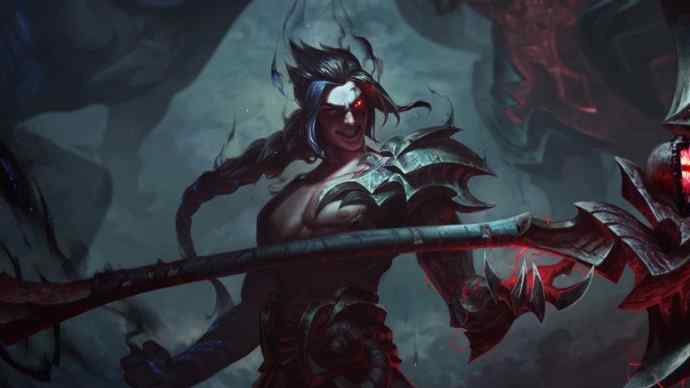
Ganking is when you roam around in search of a lone enemy character—either by yourself or with teammates—to land an easy kill. Since killing enemies often comes with rewards, it's used as a way to earn additional gold and items in PVP games.
GG
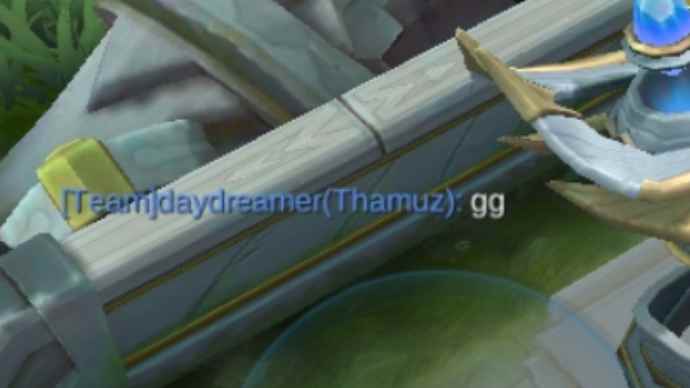
GG stands for "good game." It's used as a form of common courtesy to express sportsmanship. However, some negative players use GG sarcastically to demean their opponents.
Glitch
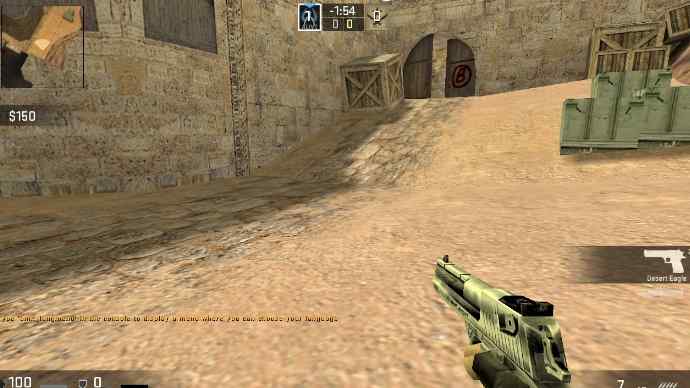
A glitch or a bug is an error that occurs in a video game. Some common glitches include characters getting stuck inside walls or sniper scopes without crosshairs.
Idle Game
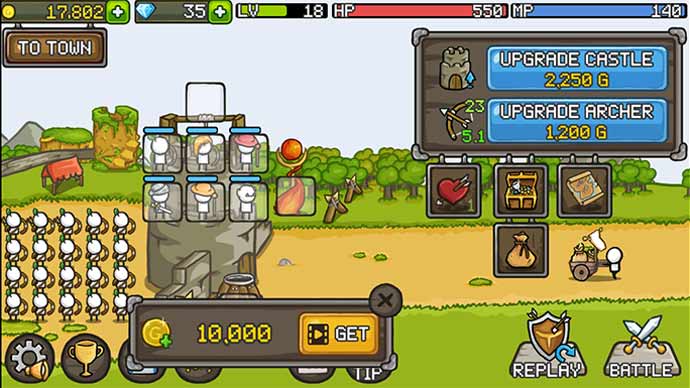
Idle games are simulation-type games that involve minimal player interaction. You don't actually "play" the game—rather, you set up your characters and choose their abilities, equipment, etc. and then the game plays in the background.
Indie Game
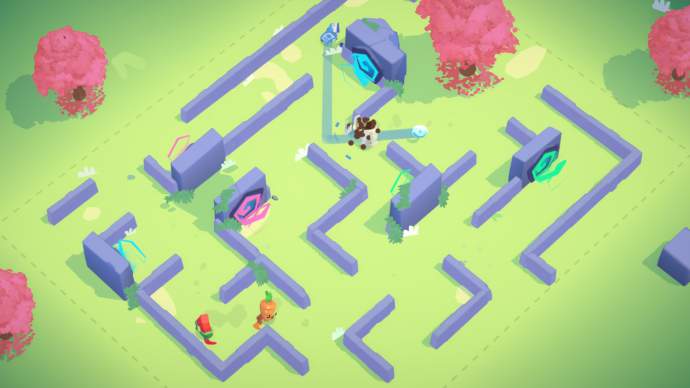
An indie game is a video game that's created by an independent game developer, meaning a person or team who isn't part of a large company or game studio. The threshold between indie games and AAA games is somewhat blurry, so it's more of a case where "you know it when you see it." Indie games are usually simpler, but not necessarily worse.
KS
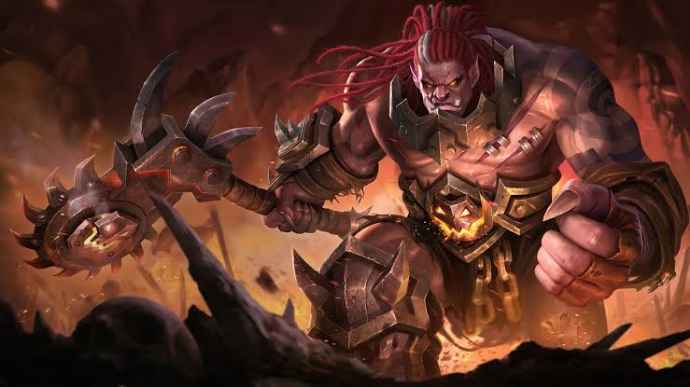
KS stands for "kill steal," which is the act of landing the final blow on an enemy that was primarily defeated by someone else. In most games, the one who lands the final blow gets most of the rewards—which can leave a sour taste in the mouths of those who did "most of the work."
Lag
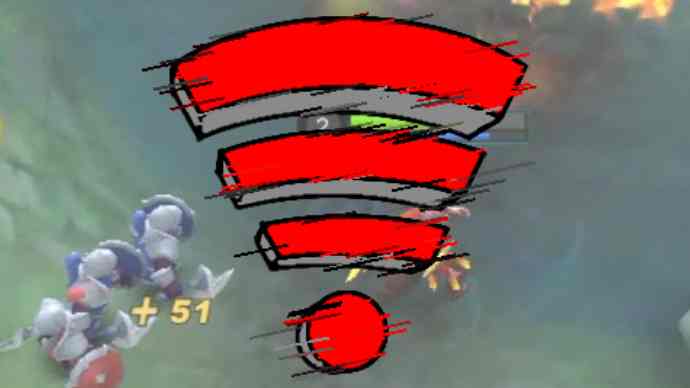
When your connection to an online multiplayer game server is poor, the delay that occurs whenever you try to do something is called lag. Lag can be caused by poor home network, internet service provider issues, or game server problems.
Loot
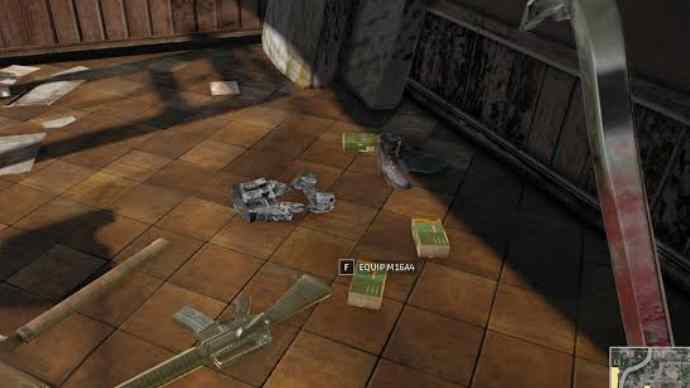
Items, resources, and equipment that's gathered from defeated enemies, or found as treasure from chests and other points of interest.
Mashing

Randomly pressing buttons for no reason, or not knowing what those buttons do. Frequently occurs in fighting games, where "button mashers" leave their fate to chance.
MMORPG
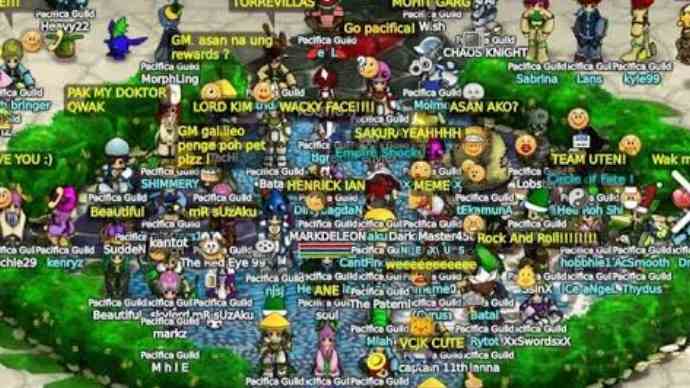
Massive multiplayer online role-playing game. A game where thousands of players can play together in real-time in a shared virtual world. Often involves a lot of RPG mechanics, like leveling up, completing quests, and hunting boss monsters.
MOBA
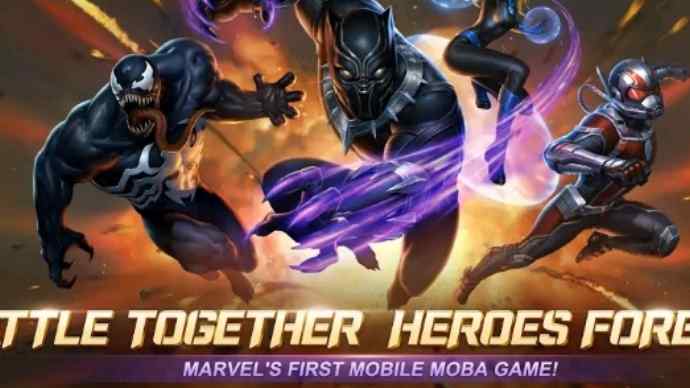
Multiplayer online battle arena. Describes games where two teams go head-to-head in a strategic war to destroy the other team's base, where both team's bases are connected via pathways. Prime examples include League of Legends, Dota 2, and Heroes of the Storm.
Nerf
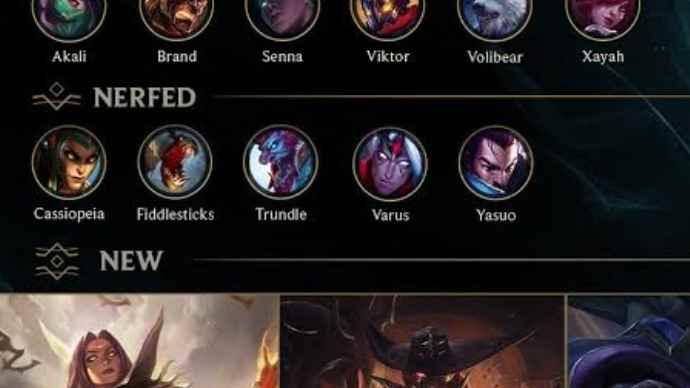
When something is nerfed, it's made weaker. Unlike buffs, which can come be items or abilities that temporarily boost a character's power, the term "nerf" is usually reserved for gameplay changes made by developers. An item or ability or character is said to be "nerfed" when unfavorable changes are made.
NPC
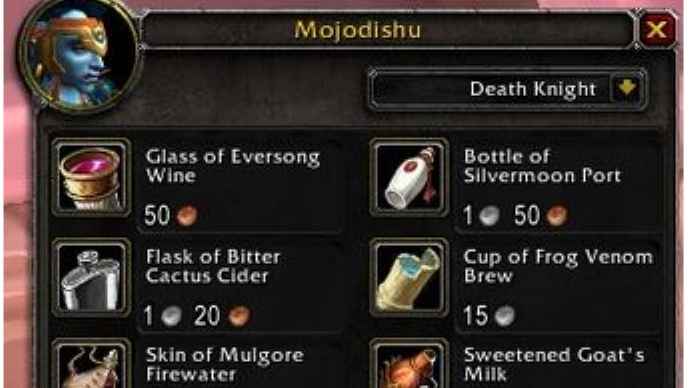
Non-playable characters are any characters in a video game that aren't controlled by a real-life player. Merchants, quest givers, and monsters all fall under the NPC category.
One-Hit Delete
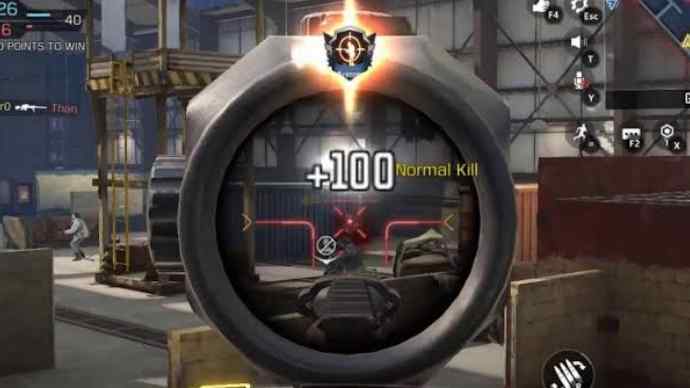
A gaming slang term used when a character deals massive amounts of instant damage, making them able to kill enemies in one attack.
Open-World Games
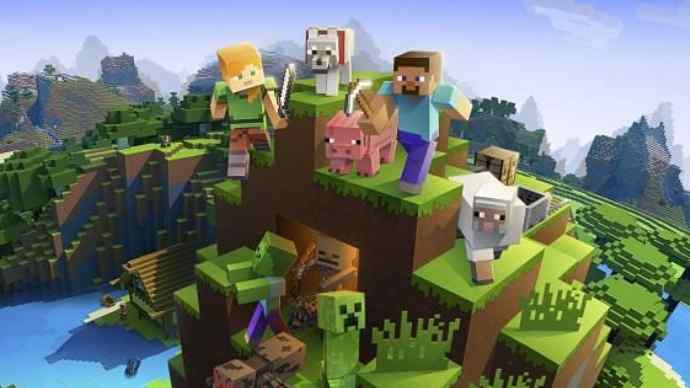
Video games where you can choose which objectives you want to accomplish in your own order, at your own pace. Unlike a linear game, which moves from plot point to plot point or game level to game level, an open-world game lets you blaze your own trails.
Patch
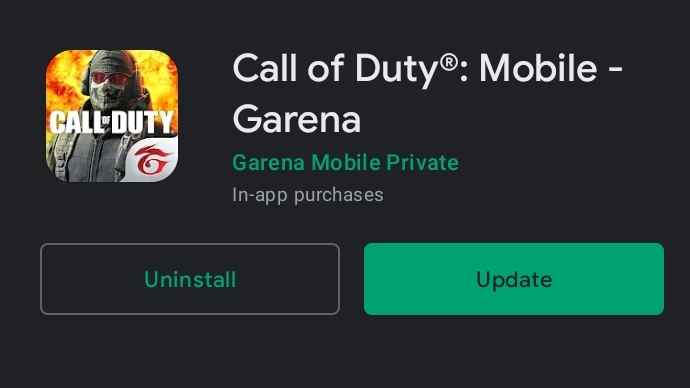
A patch is an update to a video game that brings bug fixes and/or new features. It's called a patch because the game is in an imperfect state with holes, and the update is meant to "patch" some of those holes.
Patch Notes
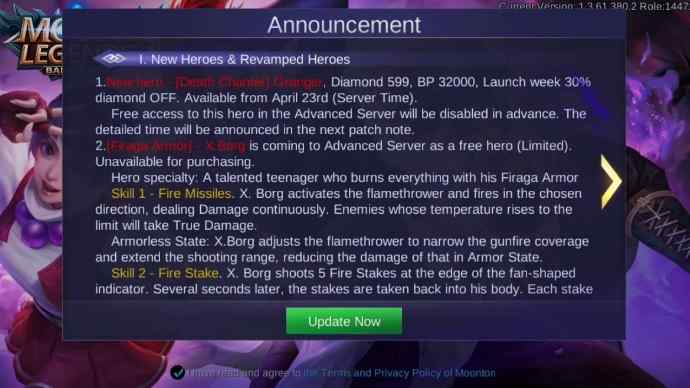
An official message from game developers—whether in the form of in-game mail, a blog post, or even an email newsletter—that explains all the changes in the latest patch update.
PUBG
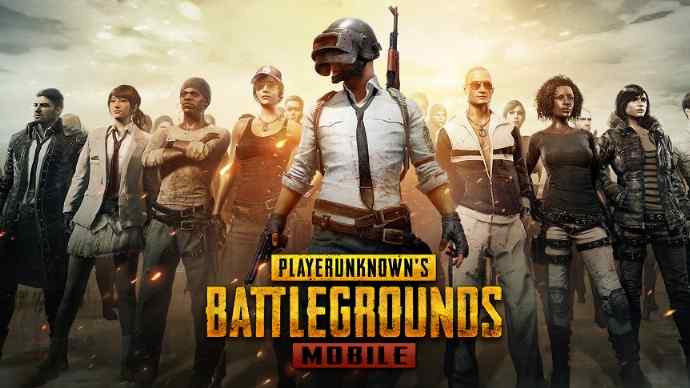
PUBG is the shorthand for PlayerUnknown's Battleground, a well-known battle royale shooter game that helped to popularize the genre, alongside other battle royale games like Fortnite.
PVP
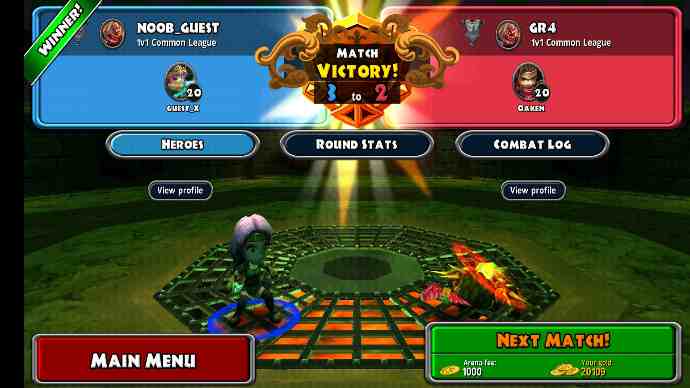
PVP stands for "player versus player," which is any video game (or game mode) that matches real players against other real players. Contrast PVP with PVE, which stands for "player versus environment," which is when players work together to achieve shared goals.
Skin
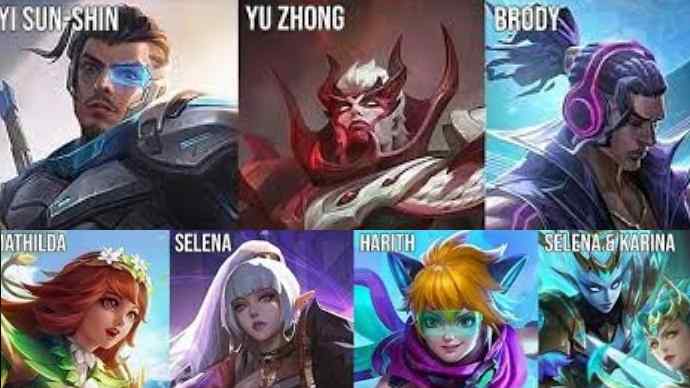
A skin is a cosmetic change to a character's appearance that doesn't affect the character's attributes, skills, capabilities, powers, or any other values that would impact gameplay.
SS
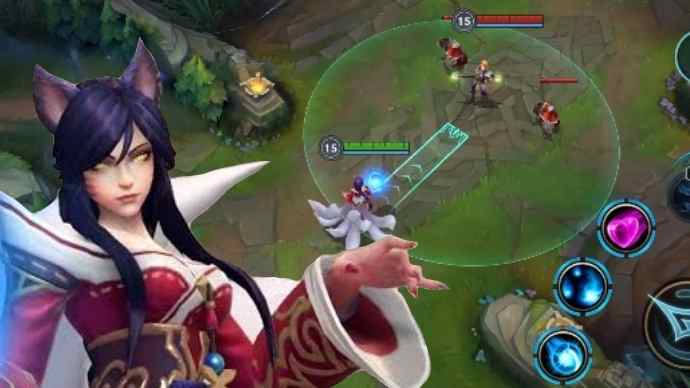
SS stands for "special skill," which is a skill that's unique to a character. Special skills are usually obtained by reaching a certain level, acquiring a certain amount of points, or some other mechanic that involves unlocking access to it.
Support
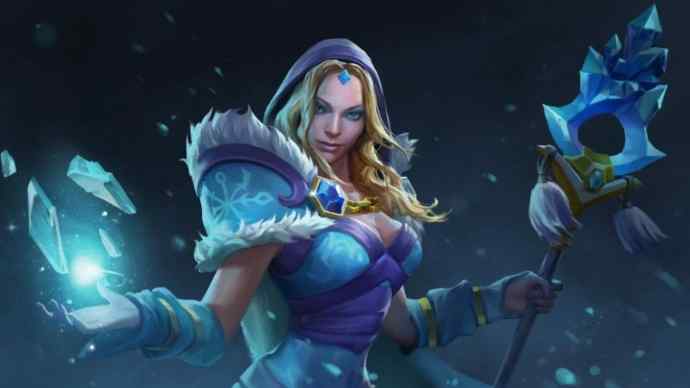
A character type that specializes in healing, crowd control, buffs, and other abilities that exist to increase another player's capabilities instead of their own. Supports often sacrifice their own progress for the sake of their team.
Tank
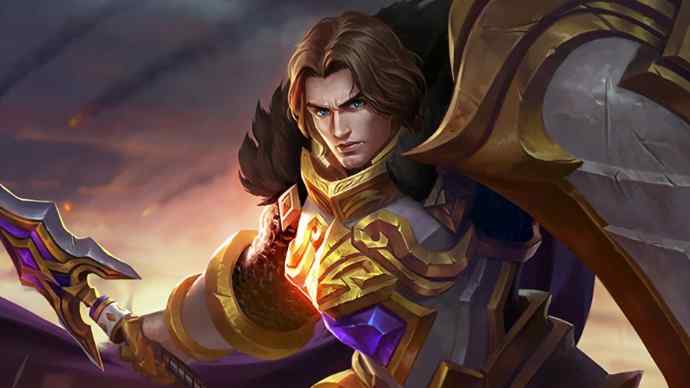
A character type that specializes in absorbing damage, crowd control effects, and health regeneration. Tanks exist as damage sponges—they want to soak up all the damage so that their teammates can stand by in relative safety and focus on dishing out damage.
Trolling
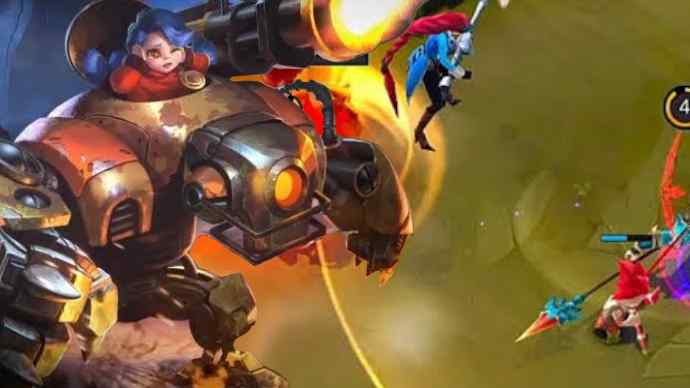
While the term "trolling" has lots of meanings depending on context, in most multiplayer online games, trolling refers to when a player deliberately plays incorrectly in order to sabotage their team. It's usually done by sore losers to make themselves feel better.
In some cases, trolling can also be done by winning players or teams to demean their opponents.


